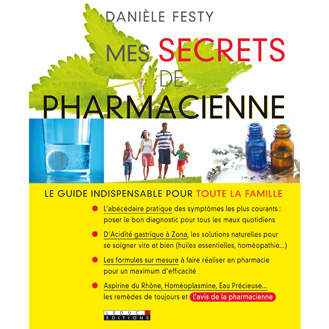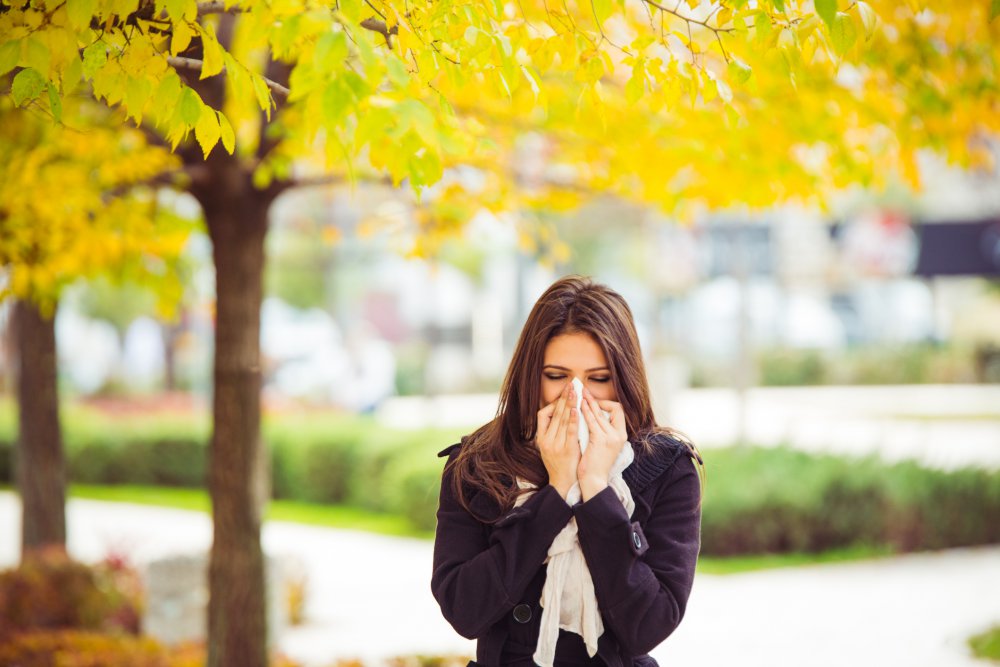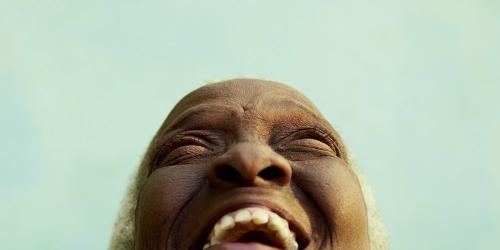What is hay fever?
How to cure your hay fever?
Our tips to reduce the inconvenience of allergies
What is hay fever?
If for some the arrival of spring evokes the return of sunny days and the sweetness of the air, for others this season is synonymous with inconvenience.
Indeed, every year, it starts again: runny nose, scratchy palate, watery eyes, sneezing, headaches ...
All these small inconveniences are caused by tree pollen : grasses and various herbaceous plants dispersed by the wind.
It tickles the lungs of people whose bodies are saturated with stress, over-rich foods and other toxic products accumulated during the winter.
Hay fever problems peak in adolescence.
People with these respiratory allergy problems come from families who are themselves affected by an allergic history.
The discomfort persists for about ten days.
But it can seem very long when you are sensitive to pollen.
The problem is that aside from blowing your nose and waiting for it to pass ... it's not always easy to reduce your hay fever.
How to cure your hay fever?
Your hay fever complicates your life? Do not waste your time and take your allergy on hand.
Warning, an allergy to untreated pollen can develop into allergic asthma.
It is therefore recommended to treat the symptoms using antihistamines and antiallergics , presented in the form of nasal spray, eye drops or tablet, possibly also in combination with cortisone.
Complementary medicine treatments can also be successfully performed.
But the different mechanisms of action should be discussed with the therapists involved.
Desensitization represents the only way to reduce, in a more sustainable way, a pollen allergy.
It must be preceded by an allergological assessment prepared by a specialist.
Clearly, make an appointment with a specialist!
Our tips to reduce the inconvenience of allergies
If you are suffering from an unimportant hay fever , here are some tips for easing your respiratory allergy.
- Relieve your eyes
Give your red and swollen eyes a haze of thermal water. The relief is immediate and the itching of the eyelids is greatly relieved.
- Air your interior
Take care to ventilate only during rainy periods or very early in the morning to reduce the risk of pollen dissipation.
- Wash your hair very often
The pollen indeed adheres to the hair, and thus invites you under your roof.
- Do not extend your clothes outside
Just a gust of wind and hop! The pollen might stick to it.
- Eat fresh fruits and vegetables.
They are full of substances that prevent allergens from nesting.
Especially recommended: pineapple, rich in bromelain.
- Abuse of turmeric
This spice has shown positive effects on mediators of inflammation.
- Buy an air purifier
If you have a large and recurrent allergy, choose one with an active charcoal filter. It will be very effective against pollen.
- Abuse infusions
To breathe better: marshmallow, hyssop, white horehound, plantain.
To reduce nasal irritation: chamomile.
To reduce the itching of the eyes: bluet, chamomile.
To reduce sneezing: nettle leaves.
- Inhale essential oils
Breathe a few drops of Lebanon cedar, tarragon, chamomile, eucalyptus radish, spike lavender, real lavender, niaouli or Scots pine.
- Drink Plantin Syrup
Plantin syrup is a herbalist preparation that calms coughs and clears the airways. Take a tablespoon four times a day.
- Go for the alternative medicines
Acupuncture, Chinese medicine, homeopathy, hypnotherapy and naturopathy have proven themselves to cure hay fever.
Thanks to Danièle Festy, "My secrets of pharmacist" Editions Leduc, 23 €




